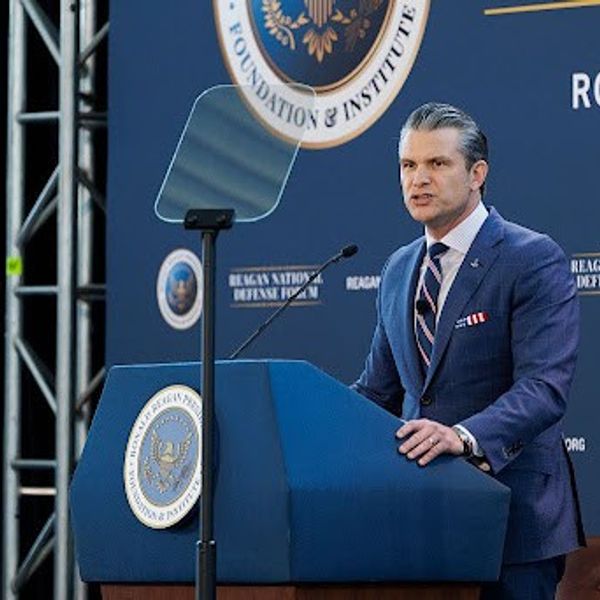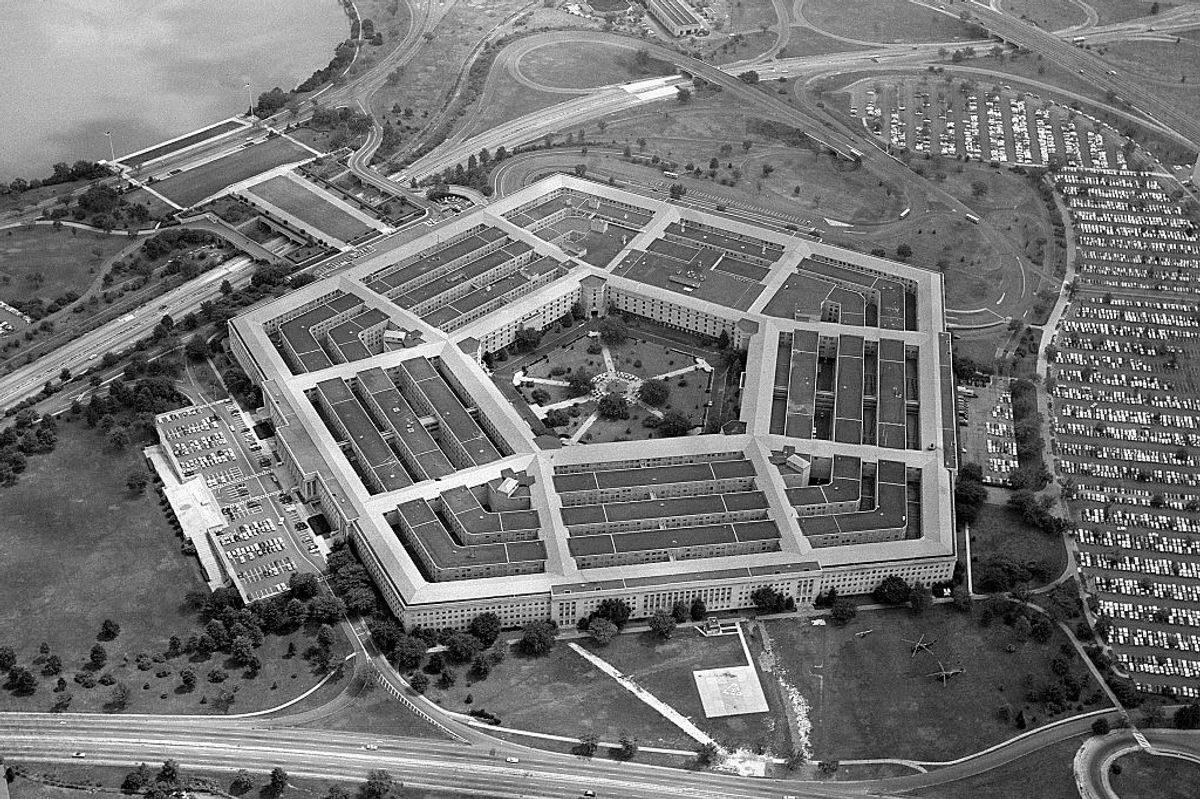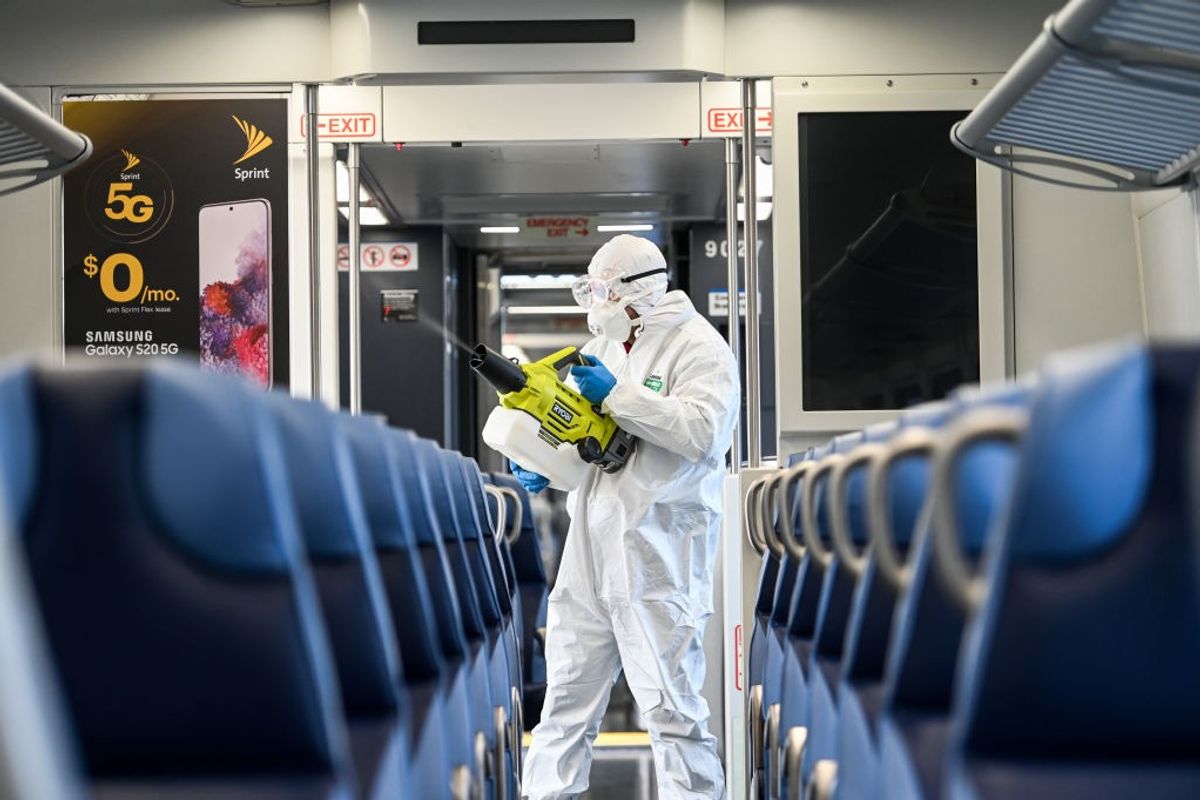OPINION — Chief Justice John Roberts’ opinion in the Trump immunity case, released July 1, expanded extensively a President’s “outer perimeter” of official actions subject to presumed immunity by excerpting words from a D.C. Appeals Court opinion, but ignoring language in the same sentence that suggested a limit to what should be considered.
During my time in law school, I developed a habit of checking citations in judges’ opinions and found that on occasion they juggled or played with the language to fit their purposes.
In his opinion, Roberts wrote, “The immunity the Court has recognized therefore extends to the ‘outer perimeter’ of the President’s official responsibilities, covering actions so long as they are ‘not manifestly or palpably beyond [his] authority.’ Blassingame v. Trump, 87 F.4th 1, 13 (CADC).”
The citation Roberts referred to was from the U.S. Court of Appeals for the District of Columbia opinion in the 2022 Blassingame case, in which Capitol Police officers and members of Congress had sued former-President Trump and others for harm they allegedly suffered arising from the January 6, 2021 riot at the Capitol.
Trump filed a motion to dismiss the case claiming that as President, he was immune from prosecution in such civil cases. He lost in the D.C. Federal District Court and appealed that decision.
On December 1, 2023, Chief Judge Sri Srinivasan of the D.C. Appeals Court wrote an opinion which said that Trump did not have “official-act immunity” because on January 6, 2021, he was “acting as an office-seeker, not office-holder.”
Srinivasan explained his reasoning, writing that he recognized “a President’s official responsibilities encompass more than just those acts falling within the office’s express ‘Constitutional and statutory authority.’”
He added that official responsibilities also included “discretionary acts” within the “concept of duty” associated with the President’s office.
It was then that Srinivasan’s opinion included the sentence that Roberts excerpted from, using those six words but leaving out other words that I believe changed the full meaning of the thought.
Srinivasan’s original sentence read: “An act lies within the outer perimeter of an official’s duties if it is the kind of act not manifestly or palpably beyond [the official’s] authority, but rather having more or less connection with the general matters committed by law to his control or supervision.” (emphasis added)
Srinivasan was describing what the “outer perimeter” of a President’s official duties might include – “matters committed by law to his control or supervision,” and thus subject to immunity; and what duties lay outside that perimeter– clear actions beyond his authority, and therefore not subject to immunity.
By leaving out the latter part of Srinivasan’s sentence, Roberts was able to ignore Srinivasan’s clear attempt to establish some guidance as to the “outer perimeter” of a President’s official duties, and therefore left wide open what actions deserved presumable immunity.
Justice Sonia Sotomayor, in her dissent, described Roberts limited use of the sentence — simply “not manifestly or palpably beyond [his] authority” — as creating a “dividing line between ‘official’ and ‘unofficial’ conduct [which] narrows the conduct considered ‘unofficial’ almost to a nullity.” I agree.
Based on Roberts’ opinion, Justice Katanji Brown Jackson said, “From this day forward, Presidents of tomorrow will be free to exercise the Commander-in-Chief powers, the foreign-affairs powers, and all the vast law enforcement powers enshrined in Article II however they please — including in ways that Congress has deemed criminal and that have potentially grave consequences for the rights and liberties of Americans.”
In his opinion, Roberts said, “It is ultimately the Government’s burden to rebut the presumption of immunity,” leaving it to a District Court to assess in the first instance, with appropriate input from the parties, whether a prosecution of a President can go forward.
Roberts used Trump’s alleged attempts to influence Vice President Mike Pence’s oversight of the certification of the 2000 election’s electoral votes as an example of how the system to determine presumed immunity would work.
In his opinion, Roberts said, “Whenever the President and Vice President discuss their official responsibilities, they engage in official conduct. Presiding over the January 6 certification proceeding at which Members of Congress count the electoral votes is a Constitutional and statutory duty of the Vice President.”
Based on those facts, Roberts said, “Trump is at least presumptively immune from prosecution for such conduct,” adding, “The question then becomes whether that presumption of immunity is rebutted under the circumstances.”
Roberts pointed out “the Vice President’s expansive role of advising and assisting the President within the Executive Branch,” but also that “the Vice President’s Article I responsibility of ‘presiding over the Senate’ is ‘not an ‘executive branch’ function.” In fact, Roberts added, “The President plays no direct Constitutional or statutory role in that process.”
Now it is up to U.S. District Court Judge Tanya S. Chutkan to determine whether Trump’s actions vis-à-vis Pence on that day, and in with regard to the Jan. 6, 2001, Capitol rioting writ larger, deserve immunity from criminal prosecution.
From my view, the previous Srinivasan opinion should prevail. As related to Pence’s Senate role and the Jan. 6 riot, Trump was “acting as an office-seeker, not office-holder.”
There has been extensive public comment on the potential impact of the Roberts opinion in making “Commanding the Armed Forces of the United States” the first of the president’s “core Constitutional powers,” for which “immunity must be absolute.”
This has raised some obvious questions about the military needing to make decisions about obeying legal and illegal orders, as in the hypothetical case of a president ordering Seal Team Six to assassinate an opponent. I have little to add to what’s been written on that front.
However, what first came to my mind on reading Roberts opinion granting the President absolute immunity was what Gen. Mark Milley said back in September 2023, when he retired as Joint Chiefs Chairman: “We don't take an oath to an individual. We take an oath to the Constitution, and we take an oath to the idea that is America, and we're willing to die to protect it."
The Cipher Brief is committed to publishing a range of perspectives on national security issues submitted by deeply experienced national security professionals.
Opinions expressed are those of the author and do not represent the views or opinions of The Cipher Brief.
Have a perspective to share based on your experience in the national security field? Send it to Editor@thecipherbrief.com for publication consideration.
Read more expert-driven national security insights, perspective and analysis in The Cipher Brief











